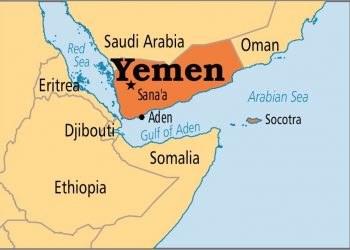In Saudi Arabia’s private sector, it is permissible for an individual to hold two concurrent jobs, as confirmed by the labor authorities in the kingdom. The Ministry of Human Resources stated that private sector employees are granted the flexibility to engage in dual employment. However, it is essential to verify the terms outlined in the worker’s employment contract and the regulations of the employing establishment to ensure there are no restrictions against holding two jobs.

In recent years, Saudi Arabia has been actively working to regulate its job market, aiming to enhance its appeal and competitiveness. The Ministry of Human Resources introduced an authentication plan through its Qiwa platform, requiring private sector institutions to document 20% of their employees’ contracts in the first quarter of 2023, 50% in the second half, and 80% in the third quarter. This initiative aims to safeguard the rights of parties involved in the employment relationship, create a stable labor environment conducive to increased productivity, and stimulate the job market in the kingdom.
In 2020, Saudi Arabia implemented significant labor reforms, particularly in its sponsorship system. These reforms, effective in the following year, enable job mobility and regulate the issuance of exit and re-entry visas for expatriate workers without requiring employer approval. Expatriate workers now have the freedom to transfer between employers upon the expiration of their binding work contracts without seeking consent. Additionally, the exit and re-entry visa reforms allow expatriate workers to travel outside Saudi Arabia without needing their employers’ approval after submitting a request.
Saudi Arabia, with a population of around 32.2 million people, is home to a substantial community of foreign migrants.
Read more: Saudi Arabia Starts Registration for International Companies Providing Hajj Services.
Follow INCPAK on Facebook / Twitter / Instagram for updates.

















